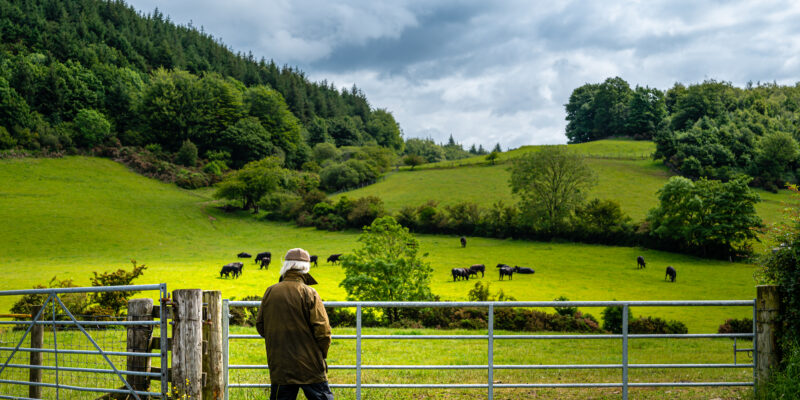Agricultural tenancy reform is once again on the Scottish Government’s agenda with their proposals for change contained in two separate consultations – Land Reform in a Net Zero Nation (closed 30 October) and Delivering our Vision for Scottish Agriculture (closing 21 November).
Land Reform Bill proposals
The Land Reform paper notes that the core policy aims are to increase diversity of landownership, bring about change in land use, and create more opportunities for communities to engage in decisions.
Agricultural holdings emerge in relation to change in land use. Concerned that existing rules do not allow tenant farmers sufficient leeway to undertake non-agricultural activity, a new form of “flexible” tenancy, the Land Use Tenancy, is proposed. It would enable multiple activities under a single tenancy – agriculture, alongside woodland management, agroforestry, peatland restoration and nature maintenance and restoration. These proposals could see the conversion of existing tenancies into a Land Use Tenancy, as well as new tenancies being created.
A Land Use Tenancy will need to provide a sufficiently attractive option to choose over separately letting land for non-agricultural activities, out with the strictures of agricultural holdings legislation – as is already possible. However, if the proposed flexibility includes greater freedom of contract on length of tenancy, rent arrangements and termination; and if funding for non-agricultural activities enables farmers to make a return on those; then perhaps the Land Use Tenancy has the potential to become the letting vehicle of the future.
Agriculture Bill proposals
The Agriculture paper aims to deliver the Scottish Government’s March 2022 Vision for Agriculture. The paper largely addresses the farming sector generally, regardless of tenure; it sets out what the Scottish Government wants farmers to do and how they will encourage them to do it, principally by way of the agricultural support system. Key outcomes are high quality food production, climate mitigation and adaptation, nature restoration and wider natural development.
Again, concerns that tenant farmers face barriers to playing their part, lead to proposals for change, with some degree of overlap with the Land Reform proposals.
Farming Activities and Diversification
Current rules require agricultural tenants to obtain their landlord’s consent to a diversification (i.e. non-agricultural activity undertaken on the farm), though there are limited grounds on which landlords may object.
The consultation proposes giving Scottish Ministers the power to determine what constitutes an acceptable diversification. It is not clear whether a list of activities, presumably climate/biodiversity related, considered acceptable in all circumstances (and therefore not open to landlord objection) would be created; or whether Scottish Ministers would replace the Land Court as arbiter in a disputed diversification request (at present a landlord must obtain Land Court endorsement of its objection to a diversification).
Amendments are also proposed to the rules of good husbandry and estate management, seeking to enable tenants to undertake a wider range of activities. It is not clear how much further effect this may have, given that consented diversification activities are already treated as meeting the rules of good husbandry.
Improvements and Waygo
Addressing concerns that tenant farmers may resist climate change mitigation and adaptation works because they are not considered “improvements” with the potential for compensation at waygo, the Scottish Government proposes adding to the list of improvements (detail awaited on what measures might be included), and seek a power to vary the rules further in future (a power they appear to already have, exercised in modernising the list in 2019).
The consultation also canvasses accounting for land value when calculating compensation following resumption or termination for change of use; and setting mandatory timescales for payment of waygo compensation. The former will likely be controversial; the latter potentially difficult to enforce.
Significant Change
If all come to fruition, the proposals across both consultations could lead to significant changes in how the tenanted sector looks and operates. To achieve stakeholder buy-in, the Scottish Government must ensure changes fairly balance the needs of both landlord and tenant and are workable in practice.
If you have any questions about the contents of this article or questions regarding either of the consultations, please get in touch.


